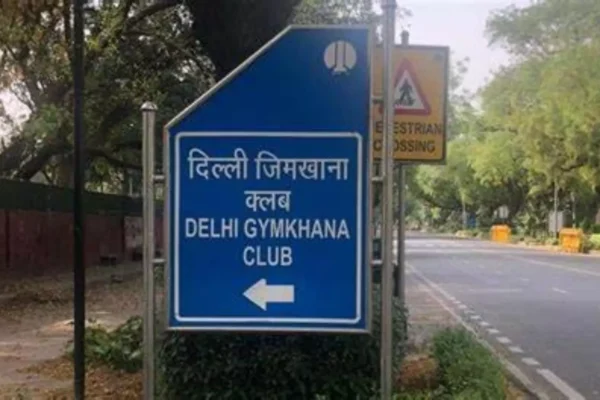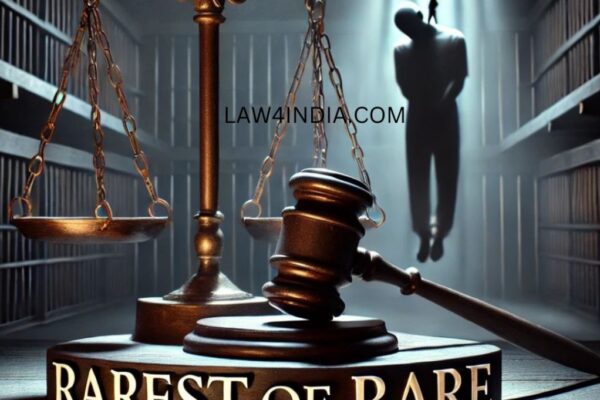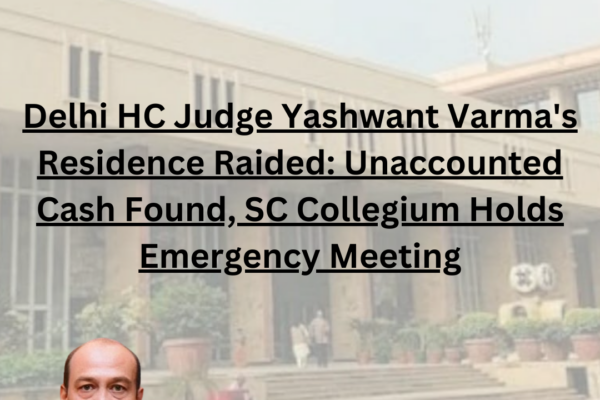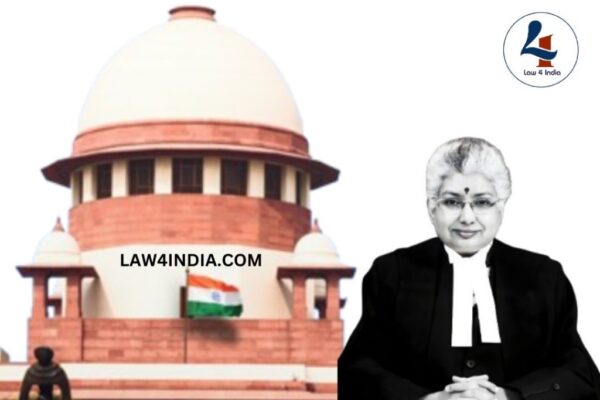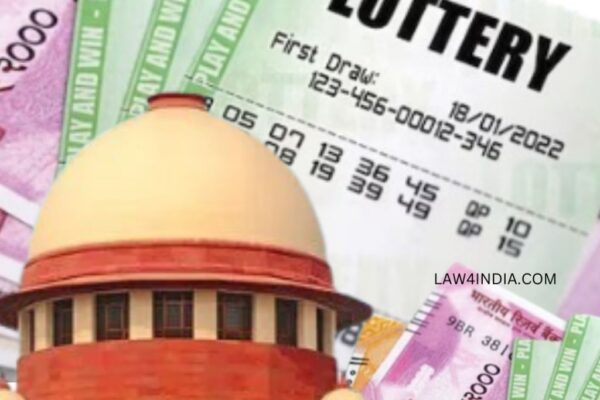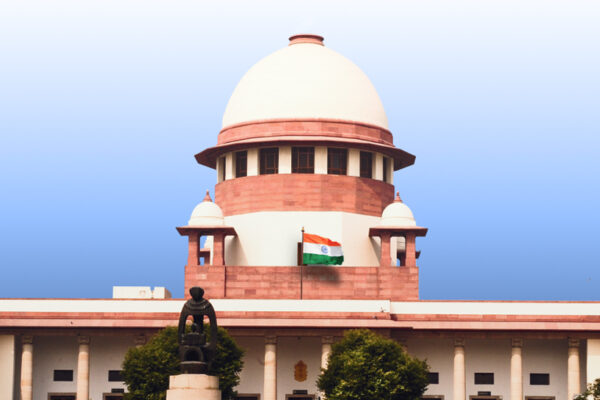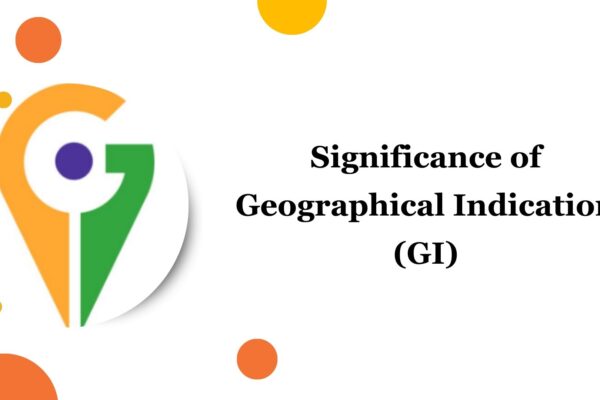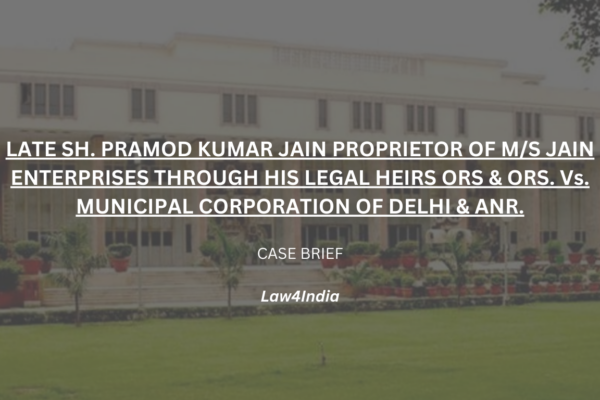
M/S JAIN ENTERPRISES THROUGH HIS LEGAL HEIRS ORS & ORS. Vs. MUNICIPAL CORPORATION OF DELHI & ANR.
LATE SH. PRAMOD KUMAR JAIN PROPRIETOR OF M/S JAIN ENTERPRISES THROUGH HIS LEGAL HEIRS ORS & ORS. Vs. MUNICIPAL CORPORATION OF DELHI & ANR. COURT : DELHI HIGH COURT. CITATION : FAO ( COMM) – 14 / 2023 Judges : HON’BLE Mr. Justice Rajiiv Shakdher . HON’BLE Mr. Justice Amit Bansal . Date :…

